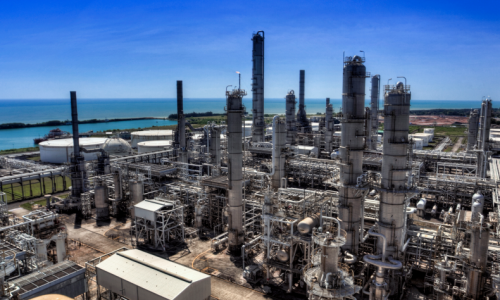Minister of Communication and Informatics, Budi Arie Setiadi, has announced that US-based Starlink is partnering with local internet providers, initiially to provide internet services in the National Capital of Nusantara (IKN).
While the exact date is yet to be disclosed, trials in Nusantara are expected to begin soon, potentially after the Idul Fitri holiday.
Budi emphasized that Starlink has obtained national operational permits for Business-to-Consumer (B2C) or retail services.
This means that if the Starlink trials are successful, the satellite internet can serve Indonesian communities in various regions.
He said that Starlink has complied with all regulations similar to other internet companies before being granted operational licenses.
Director-General of Posts and Informatic Services, Wayan Toni Supriyanto, said that Starlink has applied for two operating licenses in Indonesia, one as a Very Small Aperture Terminal (VSAT) provider and the other as an internet service provider (ISP).
For VSAT services, the company which is owned by U.S. tech billionaire Elon Musk has already built hubs and other infrastructure. However, the ISP business can only commence after obtaining the necessary permits.
Wayan clarified that while Starlink intends to operate nationally and sell internet access retail, coordination is still ongoing.
Additionally, Wayan highlighted that Starlink’s VSAT service will be used as backhaul infrastructure, connecting the global internet network to local internet service providers in Indonesia.
Nevertheless, he emphasized that the company managing Starlink services in Indonesia will be a local entity, not the global Starlink corporation.
Starlink’s entry into Indonesia promises to expand internet access and connectivity, subject to regulatory compliance and local partnership agreements.









